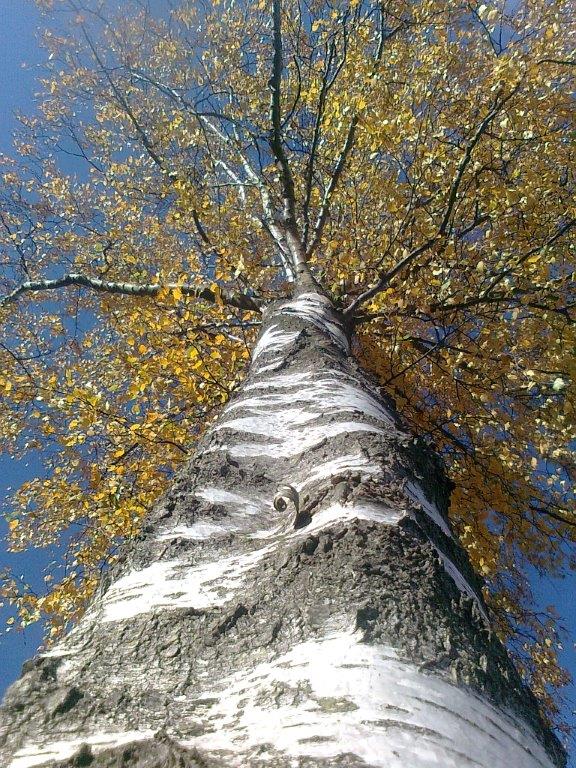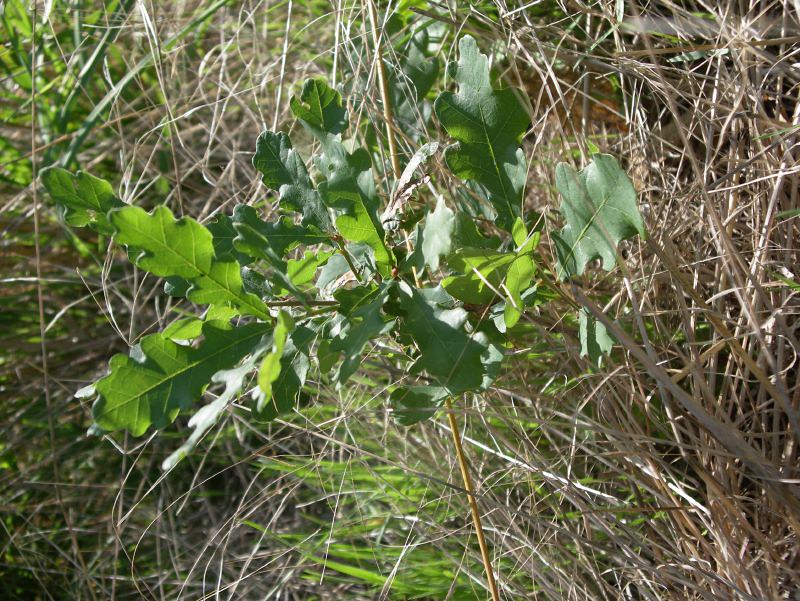The BBC reports orchards are vanishing from the landscape with an area the size of the Isle of Wight lost since 1900, according to research carried out by the National Trust. The disappearance of more than half of orchards across England and Wales is having an impact on flora and fauna, the organisation said. Orchards have been torn down to make way for houses and farming.
Tag Archives: trees
World’s largest trees to find their home in Britain as ‘peaceful giants’ rapidly die out in US
The Daily Telegraph reports UK’s climate means giant sequoia will thrive in areas like the Brecon Beacons, as global warming hastens its demise in America… A company called One Life One Tree has already planted over 700 sequoias in the UK. There are plans to reach 100,000 by 2030, with sites in Buckinghamshire, Hampshire and around the Brecon Beacons. They call the project “The Great Reserve”, to maintain numbers of the trees for generations to come.
Each sequoia is planted with three native British trees to maintain biodiversity in the groves. The company charges patrons £395 to plant a sequoia, with the promise that it will help to offset their carbon emissions.
Center Parcs will tear heart out of ancient woods like Worth Forest, nature groups warn
The Times reports plans by Center Parcs to build a £350 million holiday resort in West Sussex would “tear the heart” out of ancient woodland and set a precedent that could lead to the destruction of many other protected woods, conservation charities are warning.
Trees should be planted without plastic guards, says UK study
The Guardian reports planting trees without plastic tree guards should be standard practice, a UK study has found, as leading conservation charities and landowners seek sustainable alternatives to reduce plastic waste.
The Woodland Trust has announced it is aiming to stop using plastic tree guards by the end of the year. It is trialling plastic-free options at its Avoncliff site in Wiltshire, including cardboard and British wool. The charity plans to plant 10 million trees each year until 2025.
Darren Moorcroft, chief executive of the Woodland Trust, said: “As one of the nation’s largest tree planters, by committing to go plastic-free in terms of the use of tree shelters, we are set to be the trailblazers in this field – catalysing a permanent change to the tree-planting world.”
‘I’m seen as the fool’: the farmers putting trees back into the UK’s fields
The Guardian reports the trial, involving seven farms in Devon and scientists from Rothamsted Research and the Organic Research Centre, is the brainchild of Luke Dale-Harris of the charity Farming and Wildlife Advisory Group. It is being co-funded by the Woodland Trust and Innovative Farmers, a Soil Association programme helping farmers participate in agricultural research.
Lowland Britain’s prevailing livestock tradition of fields stocked with a high number of animals grazing near-monocultures of grass only works in the landscape and economy of the past 50 years that provided predictable weather and artificial fertilisers, argues Dale-Harris.
The climate crisis, and a series of recent spring and summer droughts – including this year – have driven farmers to look for alternatives. Plenty of Devon farmers were keen to join the trial. The climate emergency, he says, is a catalyst for change that “involves working more closely with natural processes, which can only be a good thing”.
Government pledges to treble England tree planting to tackle climate crisis

The Mail Online and Sky News report tree planting rates will increase from current levels of 2,340 hectares to 7,000 hectares (5,800 acres to 17,300 acres) a year by the end of this Parliament, under a long-awaited England trees action plan launched on Tuesday.
However, campaigners warn the goal for England is less than a quarter of the Government’s UK-wide target to plant 30,000 hectares a year (75,000 acres) by 2024 and fails to rise to meet the nature and climate crises.
The action plan is expected to set out how woodland cover will be increased with tree planting, focusing on broadleaf native trees, as well as processes such as natural regeneration, where trees grow back naturally on the land.
Government agrees to release parasite wasps to kill invasive pests attacking sweet chestnut trees
iNEWS reports thousands of parasite wasps are set to be released in England in an effort to kill an in invasive pest attacking sweet chestnut trees. The Government has granted approval for Torymus sinensis, a type of parasite wasp, to be introduced in order to attack the invasive Oriental Chestnut Gall Wasp.
Concern has been mounting about the fate of England’s sweet chestnut trees after the Oriental Chestnut Gall Wasp was first spotted in Kent in 2015. The wasp’s larvae causes abnormal growths – known as ‘galls’ – on the leaves of sweet chestnut trees. Large infestations can weaken the host tree, making it more vulnerable to pests and diseases.
HS2: RSPB calls for probe into tree-felling for high-speed line
The BBC reports the RSPB has called for the felling of trees in the path of the HS2 rail link to be investigated. The bird charity criticised government and HS2 as ecologists launched a legal challenge against licences issued to permit the felling of trees in Jones’ Hill Wood in Buckinghamshire.
It said the felling risked “undermining every environmental commitment” the government had made about HS2. HS2 said it took its “environmental responsibilities seriously”. The legal action is being brought by a member of Earth Protectors.
Tree-planting drive takes root as National Trust record first 60,000 saplings in bid for 20million more
The Daily Mail reports The National Trust has planted 60,000 saplings in the first part of its drive to plant 20million trees by 2030. The charity has received nearly £500,000 in public donations for its ten-year campaign and has been identifying sites to boost nature, fight climate change and protect landscapes.
More locations in England, Wales and Northern Ireland have been earmarked for the next tranche of 1.5million trees set to be planted within a couple of years.
Extinction Rebellion to rescue and plant 30,000 oak trees as government planting efforts falter

The Independent reports Extinction Rebellion activists are to rescue and plant at least 30,000 oak saplings across the country after nursery owners said they could be forced to destroy hundreds of thousands of trees because of delays to government tree planting programmes.
